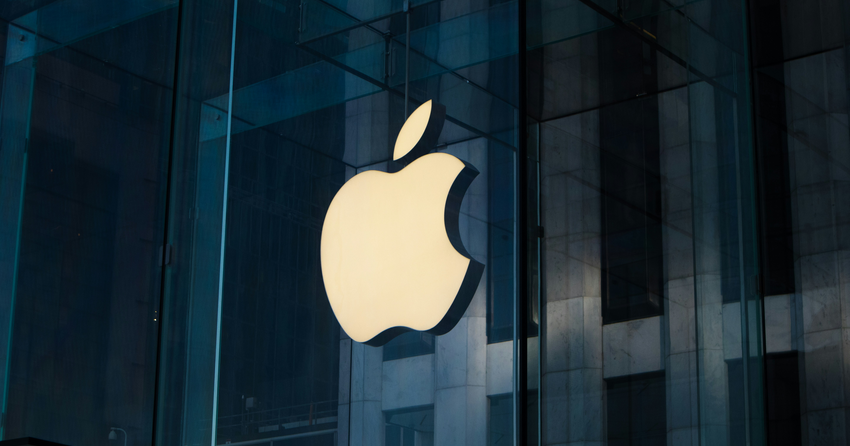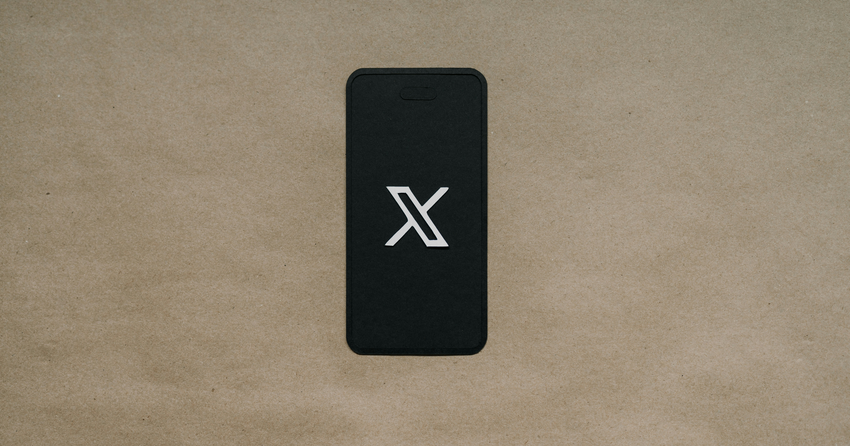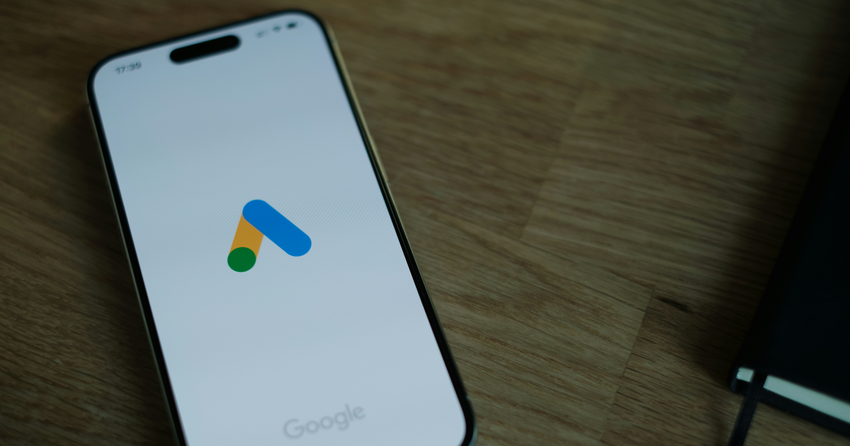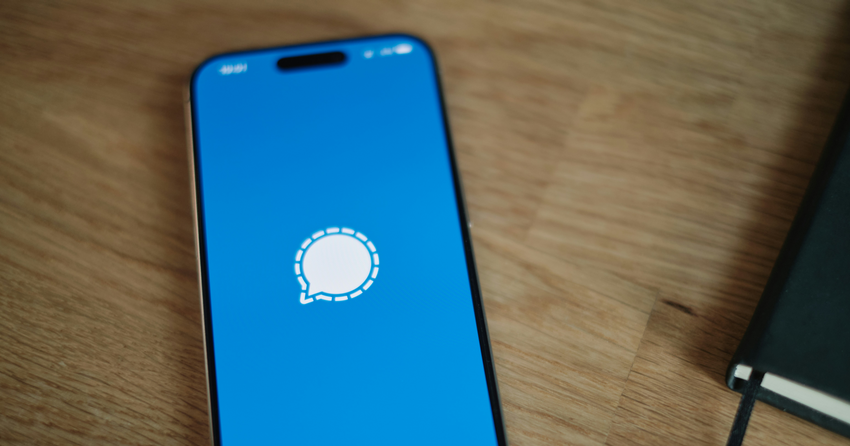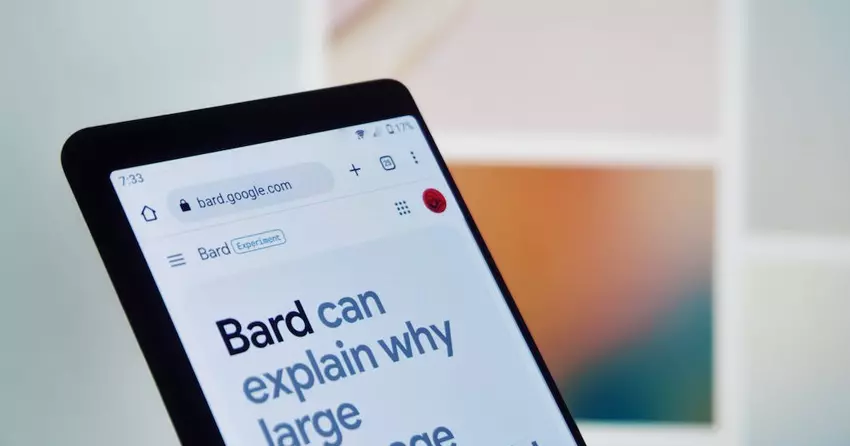
Google’s Bard Can Speak and Respond to Image Prompts
Google introduced new features for its chatbot Bard. The ChatGPT rival can now speak and respond to visual prompts. Along with the new features, Google is making Bard available in all EU countries and Brazil and expanding its support to over 40 languages.
Google describes Bard’s speaking skills as “helpful if you want to hear the correct pronunciation of a word or listen to a poem or script.” Users can activate the feature by selecting the sound icon after entering a prompt.
At its annual I/O conference, Google revealed that Bard will become more visual with the help of its image recognition technology, Google Lens. Thanks to its new visual capabilities, Bard can now also respond to prompts that contain images. Users can get information about specific images, generate captions, and have Bard analyze images for various purposes. This feature is currently available only in English, with wider language support coming soon.
Users can also choose the tone and style of Bard’s responses: simple, long, short, professional, and casual. This could be particularly helpful for content creators who recycle content across different channels. For example, a user can rely on Bard’s long option to create a blog article and use the short option to generate an Instagram caption for the same content. This feature is already available in English, with more languages coming “soon.”
Google rolled out a few other highly requested features. One of them is the ability to pin, rename, and access recent Bard conversations within the chatbot’s sidebar. Users can access this feature in over 40 languages. Other new features include the ability to share Bard conversations via shareable links and export Python code to Replit.
Expanding Bard’s accessibility to the EU is a huge milestone for Google. Bard initially launched in March across the US and the UK, but due to privacy concerns, it did not launch in the EU. Google is not the only company that struggles to navigate the EU’s strict AI regulations. OpenAI, ChatGPT’s creator, announced it may leave the EU if compliance with its rules become too challenging.





